
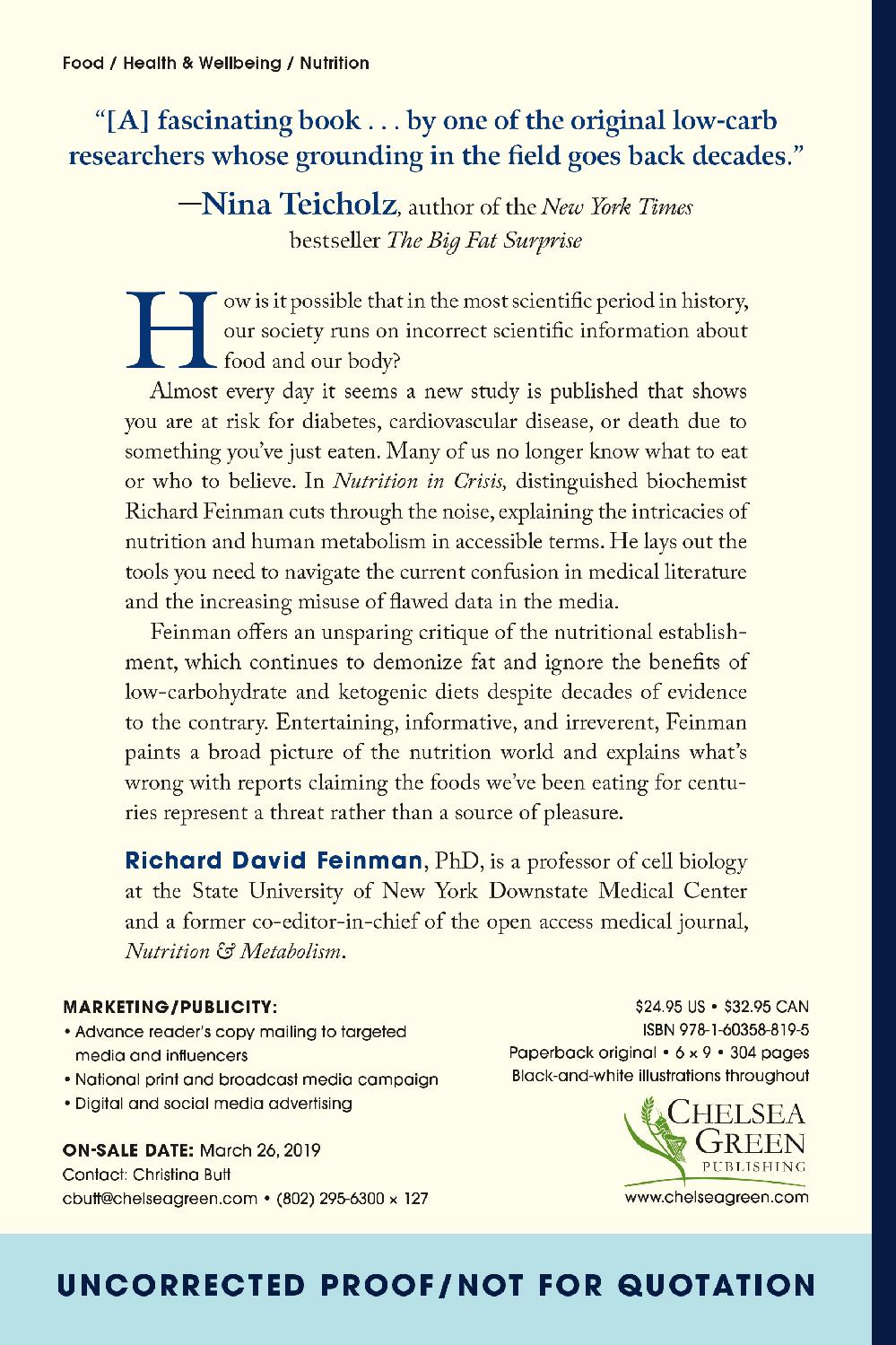 Nutritionin Crisis Chelsea Green eGalley. Not for copying or distribution. Quotation with permission only. UNCORRECTED PROOF. Chelsea Green eGalley. Not for copying or distribution.
Nutritionin Crisis Chelsea Green eGalley. Not for copying or distribution. Quotation with permission only. UNCORRECTED PROOF. Chelsea Green eGalley. Not for copying or distribution.
Quotation with permission only. UNCORRECTED PROOF. Nutritionin CrisisFlawed Studies, Misleading Advice, and the Real Science of Human MetabolismRichard David Feinman, PhDCHELSEA GREEN PUBLISHING White River Junction, Vermont London, UK Chelsea Green eGalley. Not for copying or distribution. Quotation with permission only. UNCORRECTED PROOF.
DISCLAIMER: The information presented in this book is provided as an information resource only and is not to be used or relied on for any diagnostic or treatment purposes. Please consult your health care team before implementing any strategies herein. Copyright 2019 by Richard David Feinman. All rights reserved. No part of this book may be transmitted or reproduced in any form by any means without permission in writing from the publisher. Originally published by NMS Press and Duck in a Boat LLC in 2014 as The World Turned Upside Down: The SecondLow-Carbohydrate Revolution.
This edition published by Chelsea Green Publishing, 2019. Acquisitions Editor: Makenna Goodman Developmental Editor: Nick Kaye Copy Editor: Deborah Heimann Proofreader: XXXXXXXXXXXXXXXXXX Indexer: XXXXXXXXXXXXXXXXXXXX Designer: Melissa Jacobson Printed in XXXXXXXXXXXXXXXXXXXX. First printing XXXX, 2019. 10 9 8 7 6 5 4 3 2 1 19 20 21 22 23 Our Commitment to Green Publishing Chelsea Green sees publishing as a tool for cultural change and ecological stewardship. We strive to align our book manufacturing practices with our editorial mission and to reduce the impact of our business enterprise in the environment. We print our books and catalogs on chlorine-free recycled paper, using vegetable-based inks whenever possible.
This book may cost slightly more because it was printed on paper that contains recycled fiber, and we hope youll agree that its worth it. Chelsea Green is a member of the Green Press Initiative (www.greenpressinitiative.org), a nonprofit coalition of publishers, manufacturers, and authors working to protect the worlds endangered forests and conserve natural resources. The Nutrition Revolution was printed on paper supplied by ____________ that contains at least XX% postconsumer recycled fiber. Library of Congress Cataloging-in-Publication Data Chelsea Green Publishing 85 North Main Street, Suite 120 White River Junction, VT 05001 (802) 295-6300 www.chelseagreen.com Chelsea Green eGalley. Not for copying or distribution. Quotation with permission only.
UNCORRECTED PROOF. The book is dedicated to the memory of my father, Max L. Feinman, MD, who taught me about science and about honesty and how much they were the same thing. Chelsea Green eGalley. Not for copying or distribution. Quotation with permission only.
UNCORRECTED PROOF. Chelsea Green eGalley. Not for copying or distribution. Quotation with permission only. UNCORRECTED PROOF. C O N T E N T S Introduction XX Part 1: Setting the Stage 1.
Handling the Crisis: The Summary in Advance XX 2. Whaddaya Know? XX 3. The First Low-Carbohydrate Revolution XX Part 2: Nutrition and Metabolism 4. Basic Nutrition: Macronutrients XX 5. An Introduction to Metabolism XX 6. Sugar, Fructose, and Fructophobia XX 7.
Saturated Fat: On Your Plate or in Your Blood? XX 8. Hunger: What It Is, What to Do About It XX 9. Beyond A Calorie Is a Calorie: An Introduction to Thermodynamics XX Part 3: The Low-Carb Diet for Disease 10. Diabetes XX 11. Metabolic Syndrome: The Big Pitch XX Part 4: The Mess in Nutritional Science 12. The Medical Literature: A Guide to Flawed Studies XX 13.
Observational Studies, Association, Causality XX 14. Red Meat and the New Puritans XX Chelsea Green eGalley. Not for copying or distribution. Quotation with permission only. UNCORRECTED PROOF. 15.
The Seventh Egg: When Studies Defy Common Sense XX 16. Intention-to-Treat: What It Is and Why You Should Care XX 17. The Fiend That Lies Like Truth XX Part 5: The Second Low-Carb Revolution 18. Nutrition in Crisis XX 19. Cancer: A New Frontier for Low-Carb XX 20. The Future of Nutrition XX Acknowledgments XX Notes XX Index XX Chelsea Green eGalley.
Not for copying or distribution. Quotation with permission only. UNCORRECTED PROOF. Introduction Ive always had a weight problem. I would rarely have been considered fat, but I was always trying to lose weight. When I was eight years old, I wanted to get thinner so I could look sharp in my Brooklyn Dodgers uniform to impress Barbara Levy, who was the most beautiful girl in the world as far as I was concerned.
I dont recall having any great success, and it was only fairly recently that I found out that Barbara Levy is now Barbara Boxer, former senator from California. In any case, I always knew that starch made me fatoddly, I was less afraid of sugar because I mistakenly believed that there wasnt that much in Coca-Cola and the other sodas I drank. I grew up with what is usually called a poor self image, and as the old joke goes, inside of every Botero is a Giacometti trying to get out. I knew from early on that it was important to cut out starch and obvi ous solid sugar, and I made other observations about dietfor example, that cold cereal for breakfast made me slightly sick. Its difficult for me to remember exactly what I did eat in the morning. At least some of the time it was bacon and eggs, which, in those days, was just one of the things that people ate.
Nobody recoiled in horror at bacon. The only dietary advice at the time was to eat from the different food groups, which were represented by a pie chart with unique symbols in each slice. The bottle of milk was one that stuck in my mind. I felt early on that it was not interesting, and I was sure that I didnt need an expert to tell me what to eat. When the USDA food pyramid was introduced, I knew it was a crock and I assumed that others did, too. My principles were simple: If you have a weight problem, bread will make you fat, and if you dont have a weight problem, why do you need the USDA? I thought everybody was in agreement on that, but obviously that wasnt the case.
Im not sure why people went along with all the expert advice. After all, everybody has a great deal of experience with food. We all do three experiments in nutritional science each day. Chelsea Green eGalley. Not for copying or distribution. Quotation with permission only.
UNCORRECTED PROOF. Nutrition in Crisis Peoples compliance with dietary standards probably has to do with the history of medicine. Among the turning points in that history was the discovery of vitamins. Unlike poisons and microorganisms, vitamins were stuff that you had to take if you didnt want to get sick. Another inflection point was the identification of cigarette smoke as a causal agent in lung disease. In that case, even though there was a toxic agent, the associations were subtle and one needed statistics or other expert insights to see the connection.
This subtlety might have given people the idea that there were experts who could see harm where they couldnt. In my youth, I simply ignored the expert advice. I thought that I knew what to eat (I was mostly right), and I saw obesity as a personal rather than professional question. Decades later, when I began teaching metabolism, I had to confront the interaction between science and nutrition. It proved to be more difficult than I would have guessed. This book is the story of my encounter with the world of nutrition, a story of the science of biochemistry and metabolismhow you process the food that you eat.
Next page
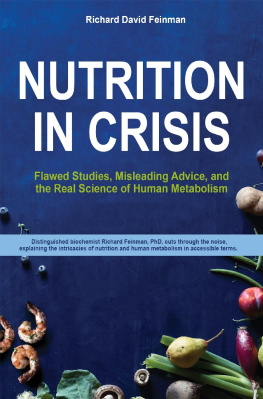

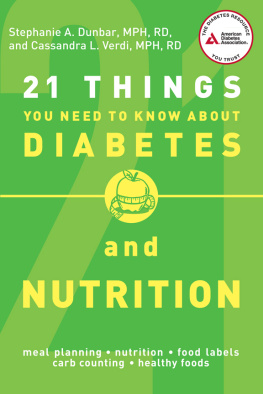
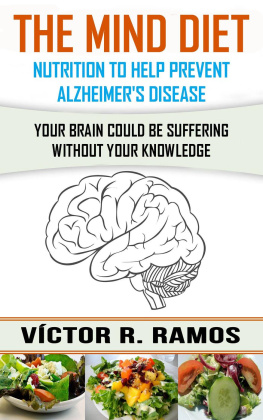
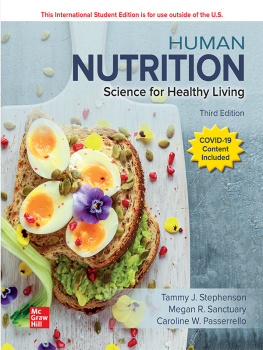
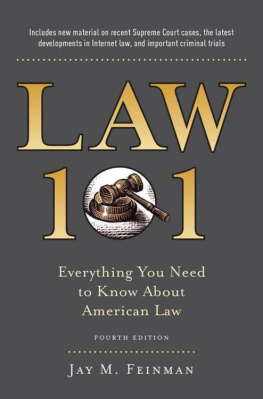
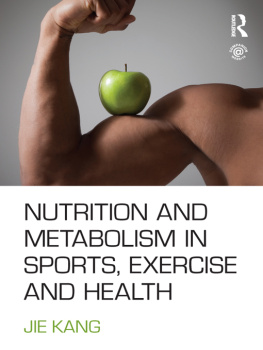

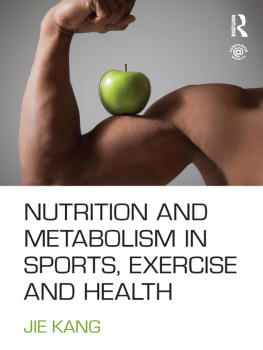

 Nutritionin Crisis Chelsea Green eGalley. Not for copying or distribution. Quotation with permission only. UNCORRECTED PROOF. Chelsea Green eGalley. Not for copying or distribution.
Nutritionin Crisis Chelsea Green eGalley. Not for copying or distribution. Quotation with permission only. UNCORRECTED PROOF. Chelsea Green eGalley. Not for copying or distribution.